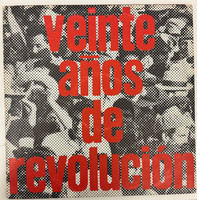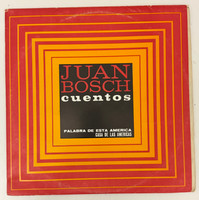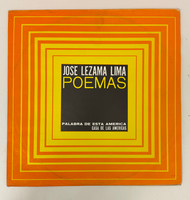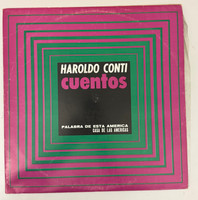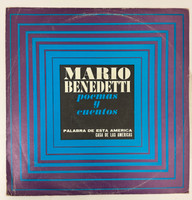- Travel
-
Exhibits
- La Portada Cubana
- Immortal Cuba: Artists Take on Their Heroes
- Seattle Poster Exhibit
- Sandra Dooley & Alejandrina Cué
- The Art of Wayacón
- Cuban Folk Art
- Cuba In Black And White
- 25 Years of Cuban Art Space
- Summer Folk Art Expo
- ¡SPRING AWAKENING FROM CUBA!
- Celebrating The Art Of Cuban Women
- Celebrating Paper, Affordable Art from Cuba
- Art of the Revolution
- Outsider Art
- Lost and Found
- En la lucha: Celebrating Cuban Women and Their Art
- Cuban Art Stash
- 100 Fires: 5 Cienfuegos Artists' Work on Paper
- Waya + Monte! Magic Realism in Cienfuegos
- Viva Cuba Viva! Poster Show
- Cultivando Sueños
- Black Lives Matter in Cuba Jan 9-March 27
- Leandro Soto: Crónicas visuales
- Cuban Canvas
-
Archive
- Global Reflection 2018: Spirit and Community
- Exhibit in the cloud: Contemporary Works on Paper
- MADE IN CUBA! MINNEAPOLIS EXHIBIT
- Cuban Posters and Photography from CCS collection
- AUTUMN SALE! Sept/Oct 2017
- SPRING ARTS AND CRAFT SALE
- Vuelo Directo/Non Stop: Alberto & Alejandro Lescay
- The Many Faces of Fidel
- Somos
- Made in Cuba!
- The US empire in Cuban graphics
- Made in Cuba/Seattle exhibit
- Entre Nos
- Looking Back
- Cuban Art Space
- Membership/Donate
- About Us
- Cuba News
-
Palabra de esta América was an important spoken word recording series produced by Casa de las Américas through their Centro de Investigaciones Literarias and Centro de Estudios del Caribe, with recordings produced by EGREM (Empresa de Grabaciones y Ediciones Musicales). The series documented Latin American writers and intellectuals, preserving the authentic voices of the continent's most significant figures.
This 1979 release, number 27 in the series, features two towering figures in Cuban scholarship who fundamentally shaped understanding of Afro-Cuban history and culture. Fernando Ortiz (1881-1969), born in Havana, was Cuba's most important ethnographer and cultural historian. Beginning with criminology, his studies progressively deepened into the universe of Afrocuban cultures, making him the principal authority on the subject in Cuba. He investigated folklore, ethnology, archaeology, and linguistics across diverse fields including economics, history, and politics. This disc contains fragments from an interview conducted by ICAIC in 1964, just five years before his death. His major works included Hampa Afro-Cubana, Los negros brujos (1906), Entre Cubanos (1913), Los negros esclavos (1916), Contrapunteo Cubano del tabaco y el azúcar (1940), Las culturas indias de Cuba (1943), El engaño de las razas (1945), La africanía de la música folklórica de Cuba (1950), and Los instrumentos en la música afrocubana (1952-55).
José Luciano Franco (1891-1989) was a self-taught Cuban historian and essayist who dedicated himself to studying the history of Cuba and the Americas, particularly examining the effects of African slavery in Cuba and the Caribbean. His major works included Coloniales (1933), Antonio Maceo: Apuntes para una historia de su vida (1951-57), Antonio Maceo en Honduras (1956), Afroamérica (1961), Historia de la revolución de Haití (1966), La presencia negra en el nuevo mundo (1968), Esclavitud, comercio y tráfico negrero (1972), and Las conspiraciones de 1810 y 1812 (1977).
The album cover features stylized portrait illustrations of both scholars in yellow and orange tones against the series' signature concentric square design, here rendered in green and orange. This recording was made "in situ" (on location), preserving these scholars' voices discussing fundamental topics: Ortiz on sugar in Cuba and Franco on North American imperialist expansion policy in the Caribbean—subjects central to understanding Cuban and Caribbean history.
-
-
Discover More at the Center for Cuban Studies



